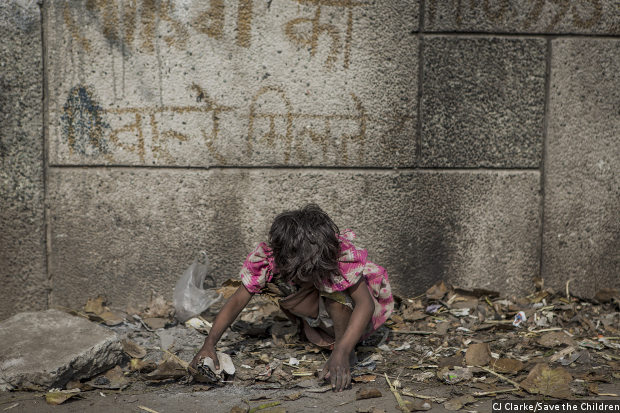New Law Bans Child Labour--But Not In Family Firms, Farms
With evidence that children who work are 70% less likely to complete high school and are excluded from better job opportunities in their youth, a new law--in the process of being passed by Parliament--that bans children under 14 from hazardous jobs but allows them to work on farms and family businesses is facing criticism.
Hon.MPs, would you pass a law that allows your own 6yr child to work in your slaughter house,glass furnace or brick kiln? Please oppose now!
— Kailash Satyarthi (@k_satyarthi) July 22, 2016
Nobel laureate Kailash Satyarthi and other advocates of child rights are not convinced the new law will eliminate child labour in India because their contention is that many family firms are engaged in hazardous activities, and pressure to work often overrides the imperative for education.
The Rajya Sabha (upper house of Parliament) passed the Child Labour (Prohibition and Regulation Bill), 2012, on July 19, 2016. The Bill must be cleared by the lower house, the Lok Sabha, to become a law.
Under current laws, children under 14 years of age cannot be employed in a list of 24 hazardous jobs that include working in high temperatures, or with flammable substances and dangerous machinery.
The new laws prohibit children under 14 years of age from working in any jobs; the proviso is they can work in family business, farms and in forests. Children can work only after school.
The Bill does not seek to justify routine family work, but the work that millions of children render in home-based units of beedi rolling, bindi and bangle production, agarbatti and papad making, zari and embroidery work, packing and sticking labels, chappal making, handicrafts and the manufacturing of several other products, Shanta Sinha, former head of the National Commission for the Protection of Child Rights, wrote in The Wire.
"This is the work that requires the entire family to participate to meet the demands of contractors who supply them with the material and procure the finished product on a piece-rate basis," wrote Sinha. "Such work is a form of hidden exploitation under unregulated labour conditions in which numerous children from deprived and marginalised communities are engaged."
The Right to Education, a fundamental right, ensures free education for children less than 14 years of age. It also ensures that children should compulsorily go to school, as a right. This is why an amendment to the existing child labour laws was considered important.
India has 11.7 million working children in the age group of 5-14 years, according to Census 2011 data. These include main, or full-time, child workers, part-time child workers and children seeking work.
Children living on the streets may also benefit from the new law. Half the children living on streets were found to be working as labourers, IndiaSpend reported in April 2016.
(Tewari is an analyst with IndiaSpend.)
We welcome feedback. Please write to respond@indiaspend.org. We reserve the right to edit responses for language and grammar.
__________________________________________________________________
Liked this story? Indiaspend.org is a non-profit, and we depend on readers like you to drive our public-interest journalism efforts. Donate Rs 500; Rs 1,000, Rs 2,000.



